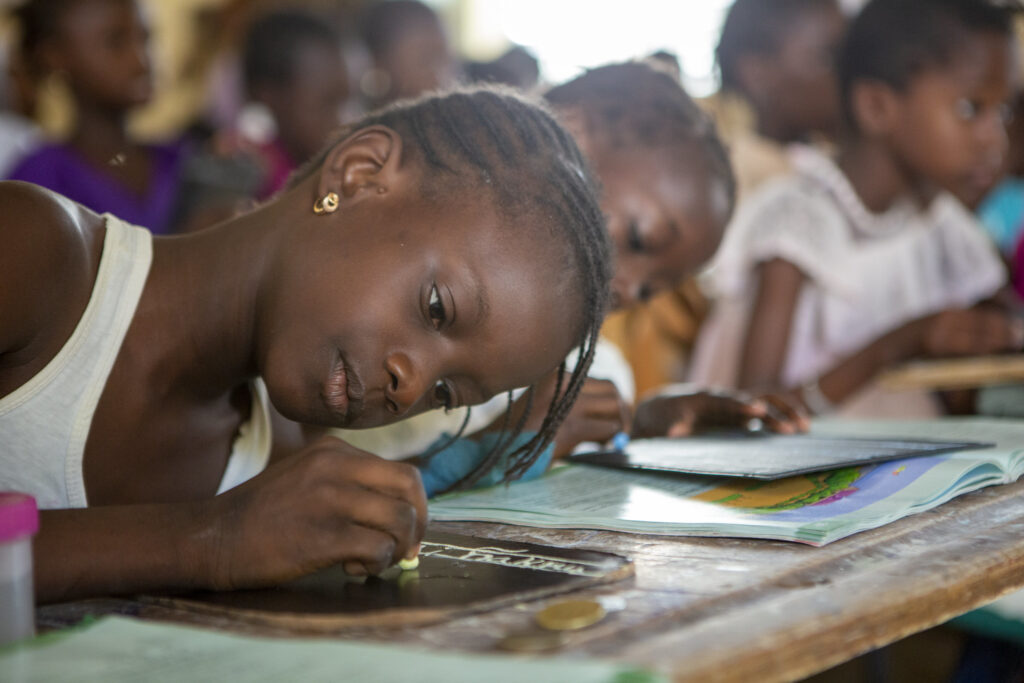It is extremely difficult for the impoverished in Pakistan to escape their multifaceted poverty. The main reason is the country’s sluggish economic growth and development. But even in these circumstances of limited resources and methods, education may change the tide.
From the Islamic point of view, education is the first thing a human being is told to learn. From this, we can imagine its significance.
Today in this article, we will focus on HOW DOES EDUCATION AFFECT POVERTY?
Financial Inequalities are Decreased
Proper education not only eradicates illiteracy and promotes awareness of one’s rights. It also raises the self-esteem of individuals who are struggling financially. Economy and education are intimately associated, and education lowers income disparity.
The only way to reverse the economic inequities is likely to be through some swift adjustments. A change in primary, secondary, and higher education in Pakistan.
Schools may be locations where children from affluent and low-income households can make friends and overcome barriers to inequality. They may fight the laws that maintain economic injustice at large and provide young people with the skills they need to go out into the world. Only this way can they create more than just societies.
Economic Development is Improved
It has been found through recent studies that 39% of Pakistanis lack the resources to cover their basic requirements. It includes food, clothes, and shelter. It is complicated for the impoverished in Pakistan to escape their multifaceted poverty. Education is undoubtedly one of the powerful tools Pakistan may employ to lay the groundwork for long-term economic prosperity.
The building blocks of growth, including much of our economic and social well-being, are laid down in education. It is essential for improving social coherence and economic efficiency. It aids in lifting the poor out of poverty by boosting the worth and effectiveness of their labor.
Education Promotes Personal Development
If a person, poor or rich, can get an education. They may be able to get what is necessary for a person’s growth. Most importantly, it diminishes the disparity it promotes confidence. A person who is educated can support his family. Education should not make them dependent on someone.
Additionally, households with more education can assess life’s reality much better and make better judgments in critical areas like family planning. Therefore, education may also directly assist Pakistan in addressing the grave yet still unchecked fast population rise. Muslims do the Qurbani every year in Pakistan. They can buy the qurbani online and donate the pelt for the free education of a child.
Suppose the state wishes to improve the economic circumstances of over 55 million. For Pakistanis who live below the poverty line, offering high-quality education must be one of its top priorities during the next ten years. The government needs to start with that to guarantee that the next generation will do better than their uninformed forebears.
Education Contributes to Improve Earnings
By increasing one’s wages, education may also contribute to the eradication of poverty. Lack of income is a common cause of poverty, although such issues can be resolved with an excellent education. The function of education is crucial in raising the skill level of the general populace to attain the objective of broad economic prosperity in Pakistan.
More education leads to greater in-demand talents and, consequently, more revenue. The most immediate and efficient strategy to improve economic stability for individuals living in extreme poverty is unquestionably receiving a solid primary education.
According to hundreds of research conducted in several nations and eras. More educated people make more money, are less likely to be unemployed, and hold more prominent jobs than less educated people.
Directly Addressing Poverty
Verified statistics state that 171 million people worldwide have been freed from extreme poverty in the past ten years. The world’s poverty might be decreased by 15% in a year if all children had access to basic reading and writing instruction. Every nation that experiences extreme poverty, like Pakistan, must invest in the education sector.
This will assist Pakistanis in gaining the information, abilities, and comprehension they need to pursue. Better careers will pay well and enable them to generate a steady income to meet their family’s demands.
For these individuals to have a greater chance of improving both their lives and the nation’s economic output. Pakistan must make efforts to give free public education to those who live below the poverty line. Along with additional fees for uniforms, books, and transportation.


More Stories
Why Parents Prefer Sports-Focused Schools in Palam Vihar
Best CBSE School Near Me: Discover Excellence at Swiss Cottage School, Gurugram
Interactive Quran Shikkha for Kids: Bengali Lessons in Quran Memorization and Tajweed